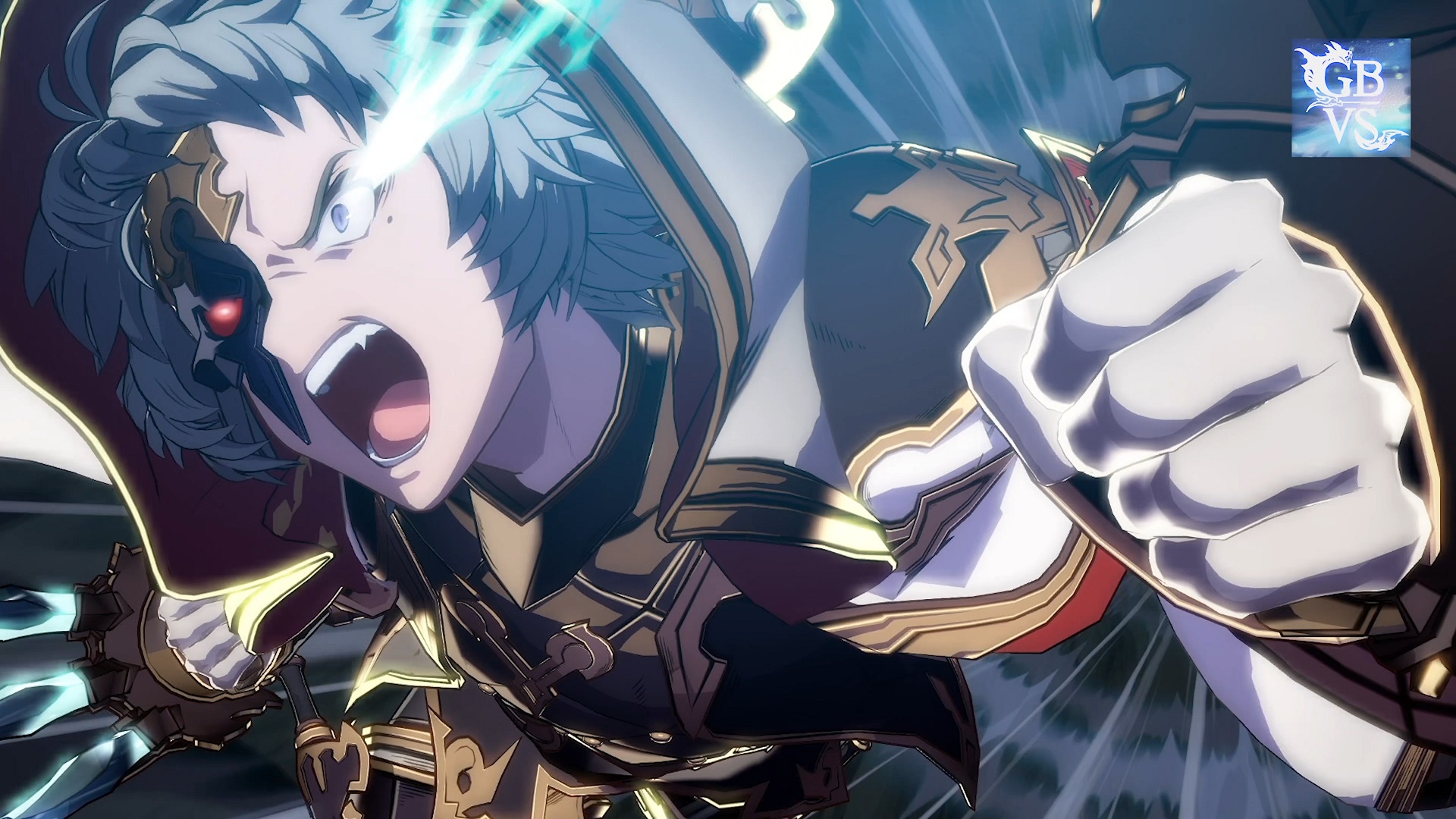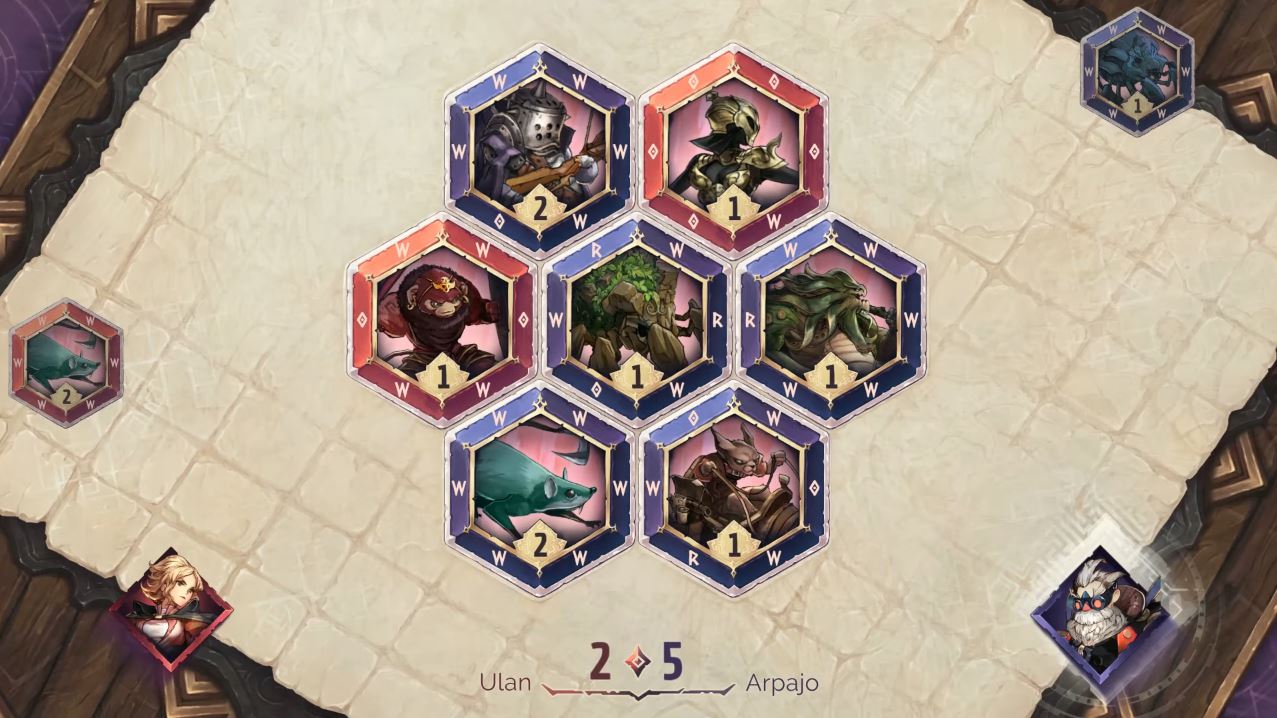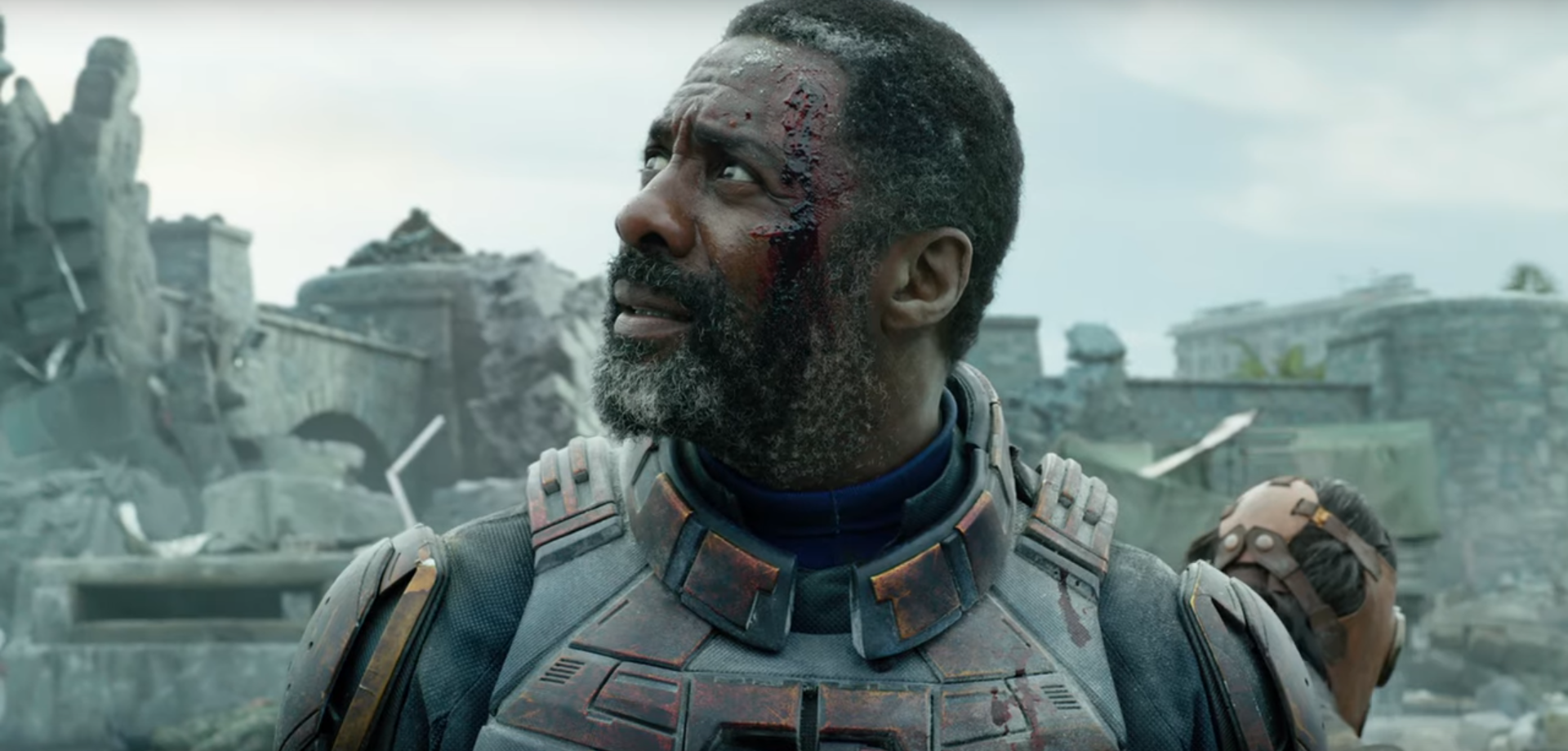
Murderers, arsonists, bank robbers, descendants of ancient shark gods who read books upside down in a vain attempt to look clever – the criminals who make up the infamous Suicide Squad are not good people. And yet James Gunn’s new take on this iconic band of mutants and miscreants is deeply interested in humanity, whether that be in the form of our most damning vices or heartening redemptions.
Major spoilers for The Suicide Squad follow.
Related: The Suicide Squad Is The First Superhero Film I’ve Cared About In Years
Bloodsport, masterfully played by Idris Elba, has lived a life funded by killing for coin. John Cena’s Peacemaker touts a similar skillset – and upbringing – although is relatively uninterested in conventional compensation. Instead, his payout is the conscious enforcement of his personal perception of peace. The film subtly draws attention to how different these characters are by constantly pointing out their similarities – yes, they use guns, and are weapons masters, and are capable of killing indiscriminately. Throughout the film, Peacemaker is made out to be the lesser evil, befriending his fellow Suicide Squadders and ensuring the mood never becomes too grimdark.
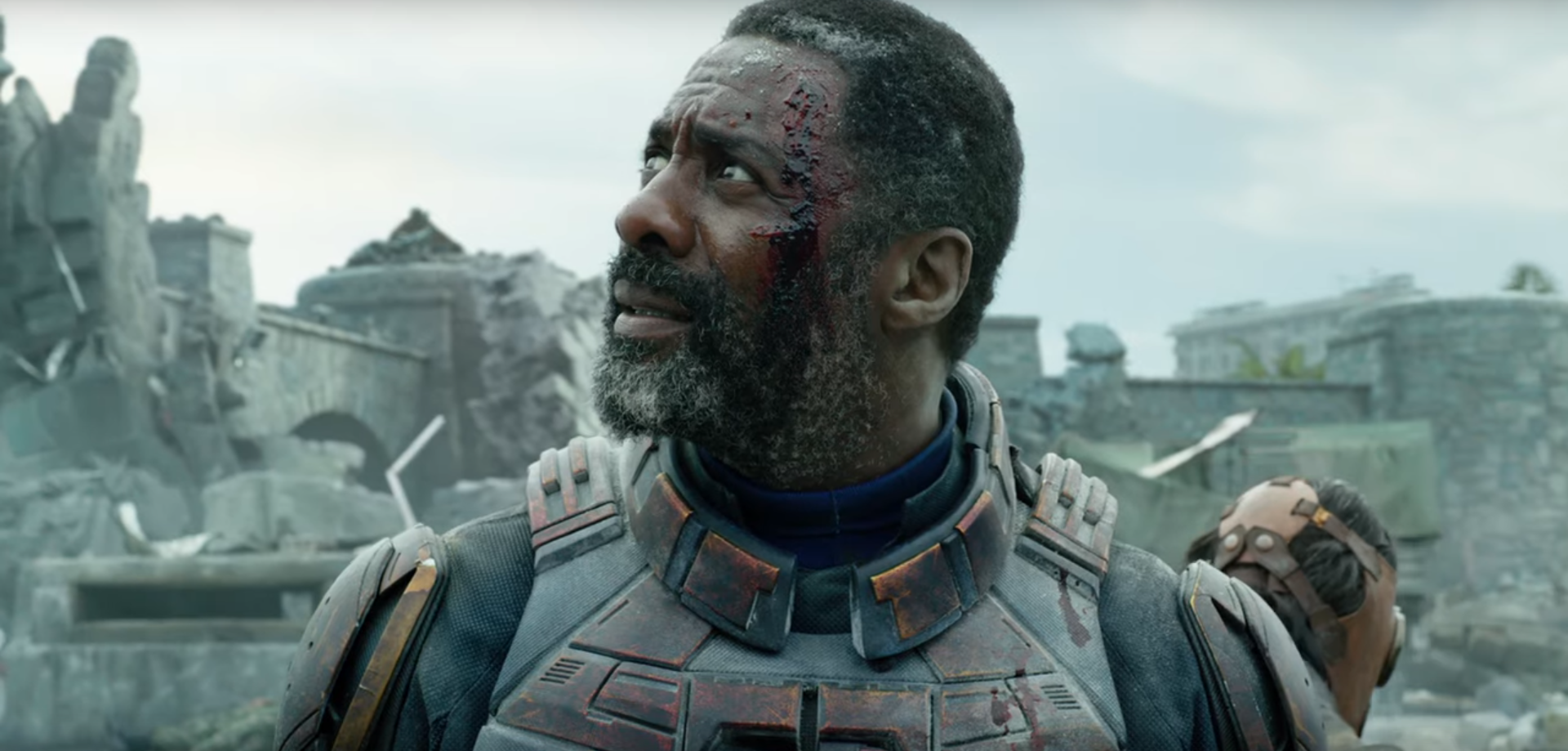
On the contrary, Bloodsport is a shell of a human. When his daughter visits him in prison, confessing that she recently stole a smart watch, he couldn’t give a shit. A screaming match of oscillating “Fuck you”s ensues, after which Bloodsport storms off, unfeeling and uncaring about whether or not his flesh and blood follows in his felonous footsteps. All of this is done in the name of eventual and effective subversion so our cognizance of whether these people are fundamentally good or bad becomes clouded to the point of opacity.
That’s the point, right? The Suicide Squad, in its most pure and uncompromised form, is a study of humanity. It is a study of psychology, rehabilitation, and the greyest, deepest shades of morality. Can these supervillains, all of whom are far beyond the capabilities and culpabilities of an everyday person, be trusted to embark on suicidal missions if it means that, upon their unlikely but possible return, their sentences will be reduced?
If you’ve seen the film, you’ll know that one of the least humane characters in the entire story is Amanda Waller, played by the inimitably brilliant Viola Davis. There’s a certain power to contrasting her willingness to commit pedicide with the ostensible bad guys’ shock at such a horrific idea. Waller is infallible because her crimes are covered up in the name of preserving the integrity of the US – on the contrary, the antagonists of the story as designated by its fictional populace are, from our perspective, destined to find a new sense of humanity in their ascension to antihero status.
There is nothing in storytelling as compelling as a well-written antihero. Literature, film, video games – it doesn’t matter. Goody-two-shoes paragons of perfection are milquetoast caricatures that are thoroughly unbelievable and almost always forgettable. They are, to put it plainly, extremely poor examples of humanity in action. Regardless of what they do, there is no dynamism to their being. They are little more than a static cross-section of an incredible – as in the literal definition of that word: not credible – concept. There is a reason why Paradise Lost, the supposedly God-loving epic of John Milton, endures, and it’s not for the Christianity. As Romantic poet William Blake once wrote, Milton was “of the Devil's party without knowing it.” Nobody gives a shit about angels when devils can come good in the end.
And that is exactly what happens in The Suicide Squad. After destroying Jotunheim and unleashing the giant, world-devouring alien starfish – which I unironically loved, thanks – Bloodsport has an epiphany. As he goes to leave the island, his job complete and his sentence reduced, something clicks. It’s a pang – perhaps of guilt, or adrenaline, or genuine decency. Waller screams down the mic, her voice hoarse from overexerted vocal chords, until she is knocked out by a co-worker who sees that ultra criminal Bloodsport is on the verge of confronting his humanity. Together with Harley Quinn, Ratcatcher 2, Polka Dot Man, and Nanaue, he takes on the starfish in what can only be described as an encounter bound for certain death.
Back in the US, from the comfort of a couch away from the cacophony, his daughter watches on. Instead of a “Fuck you,” she screams something different: “That’s my dad.”
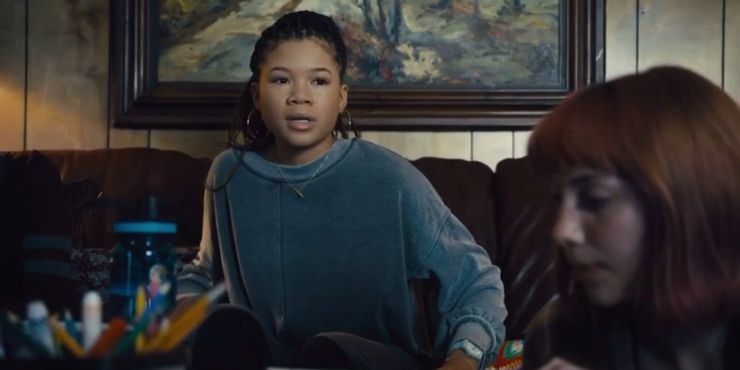
“That’s my dad!” she yells, over and over again. A man who was never a father to her, a selfish embarrassment of a relative who never gave her any reason to hope, is on live television subverting his status as a criminal by taking on a monster brought into being by the very same institutional regime that incarcerated him. Bloodsport is never redeemed – just look at his name, derived from spilling blood for sport. But he is human, and that’s why we can still root for him. He is, right here and now, doing something for the greater good, something brave and selfless that no ordinary law-abiding citizen would ever do without spectacularly shitting themselves. It is the absolute apotheosis of the antihero, a person who we should be against but can’t in good conscience not support. When the starfish falls and the Suicide Squad leaves the island, we feel much more strongly than we would if some sort of knockoff Action-Man had saved the day. There is a power here that does not exist with paladins, but pariahs.
The Suicide Squad is a funny film. It is lighthearted and campy and brutally gory in a way that can only be perceived as intentionally excessive. But it is clever and tasteful and true to life despite its inclusion of kaiju starfish and walking, talking sharks. When we watch conventional superhero movies, there’s a good chance we’ll feel something – they’re made to be tragicomic in order to maximize emotional investment. But there’s something more enduring about films willing to subvert the ideals of justice touted by lads in spandex suits – they are uncompromisingly sincere, even if that means they need to reject righteousness in order to embrace humanity, both for better and for worse.
Next: Eastward Preview – A Charming Game That Successfully Evades The Shadow Of Zelda

